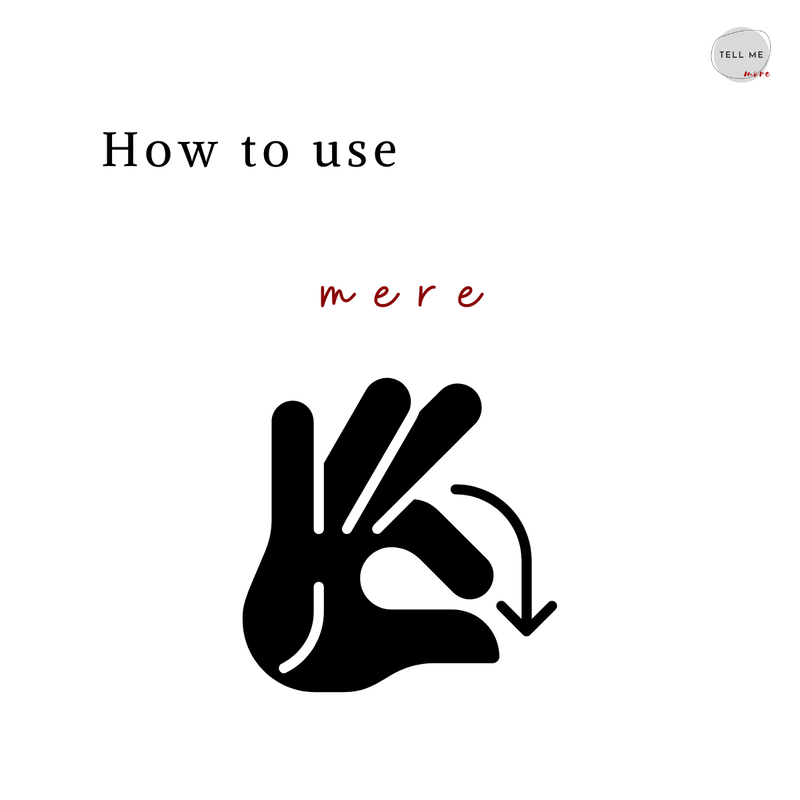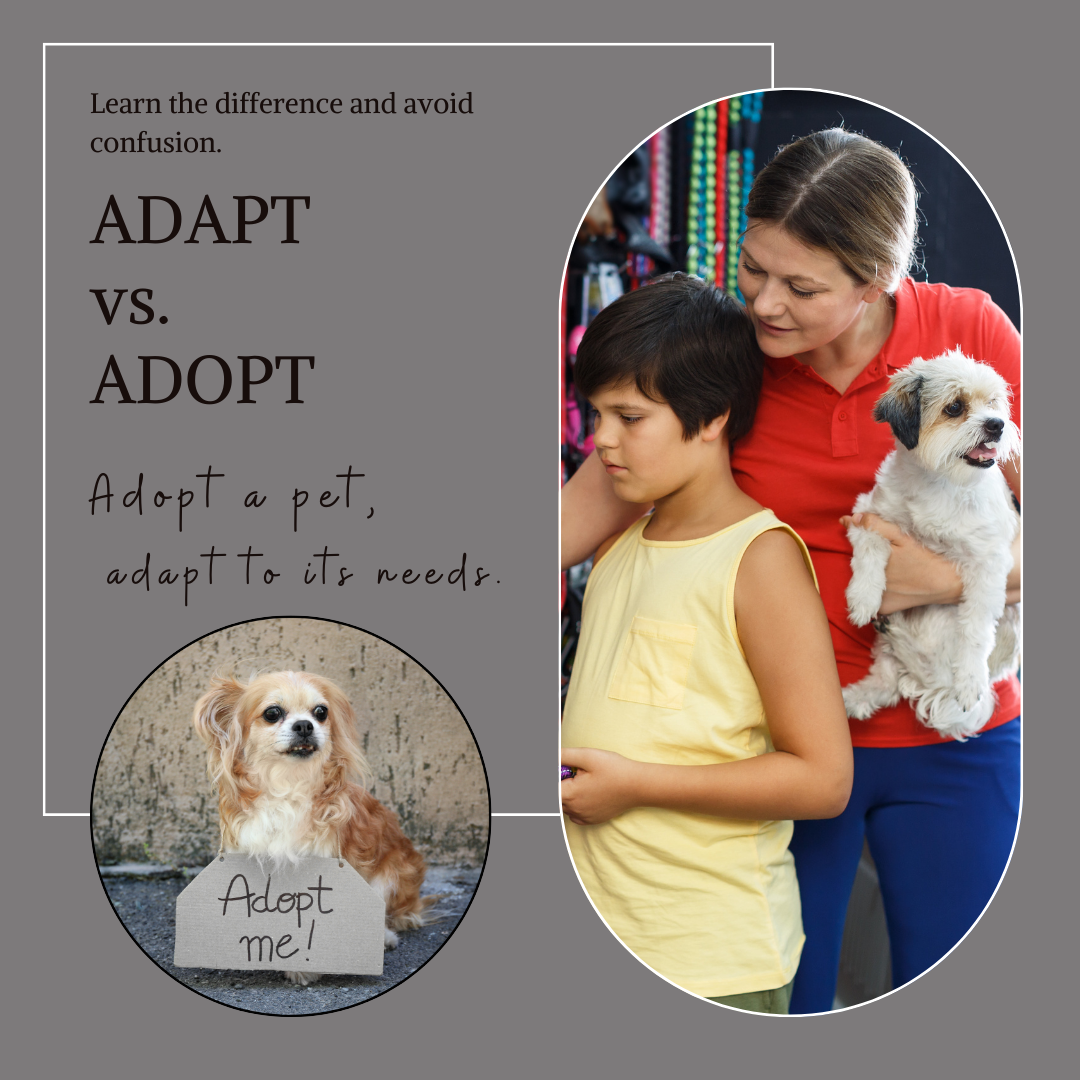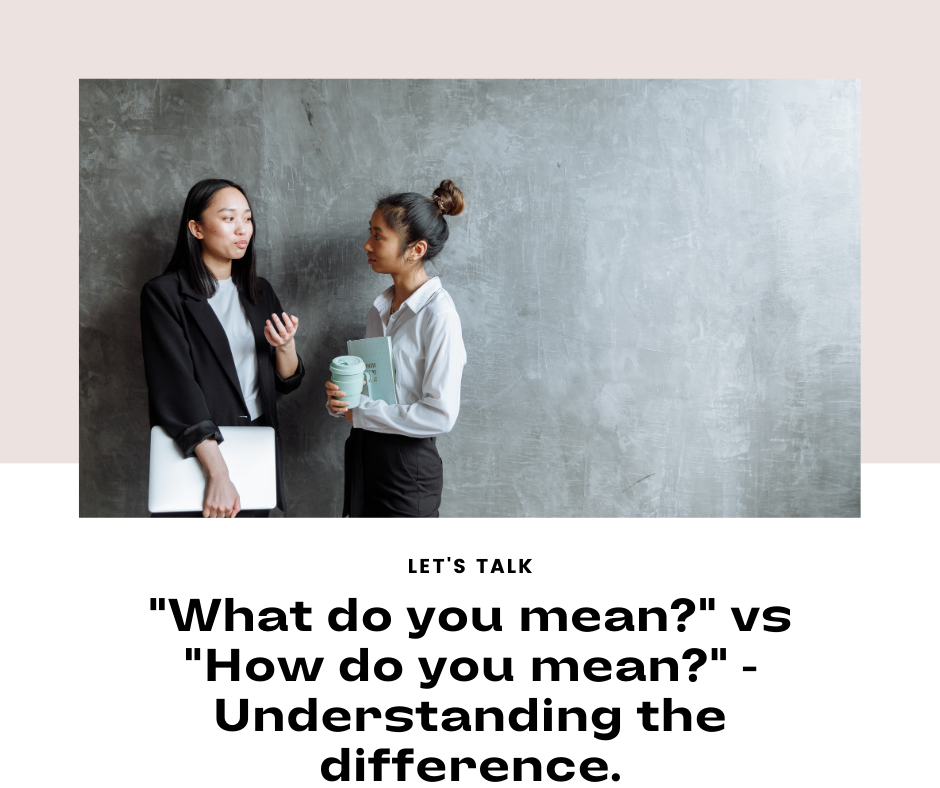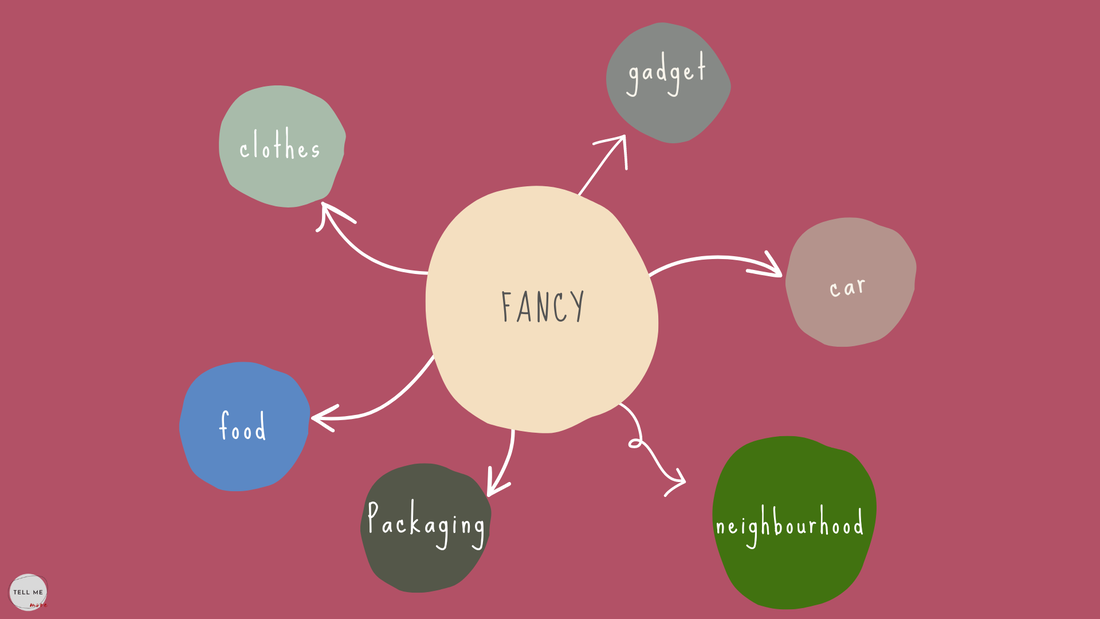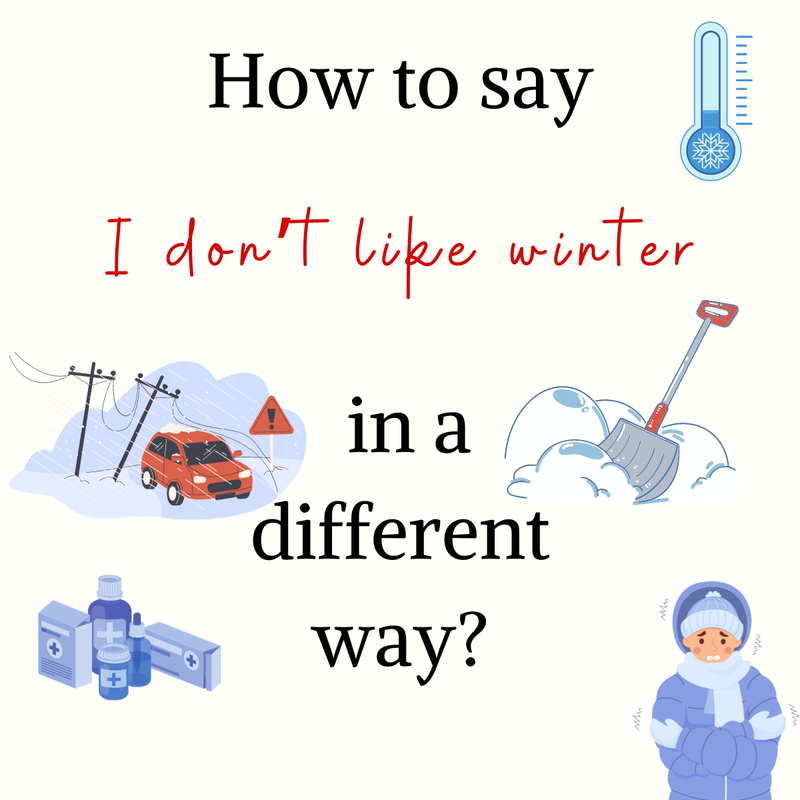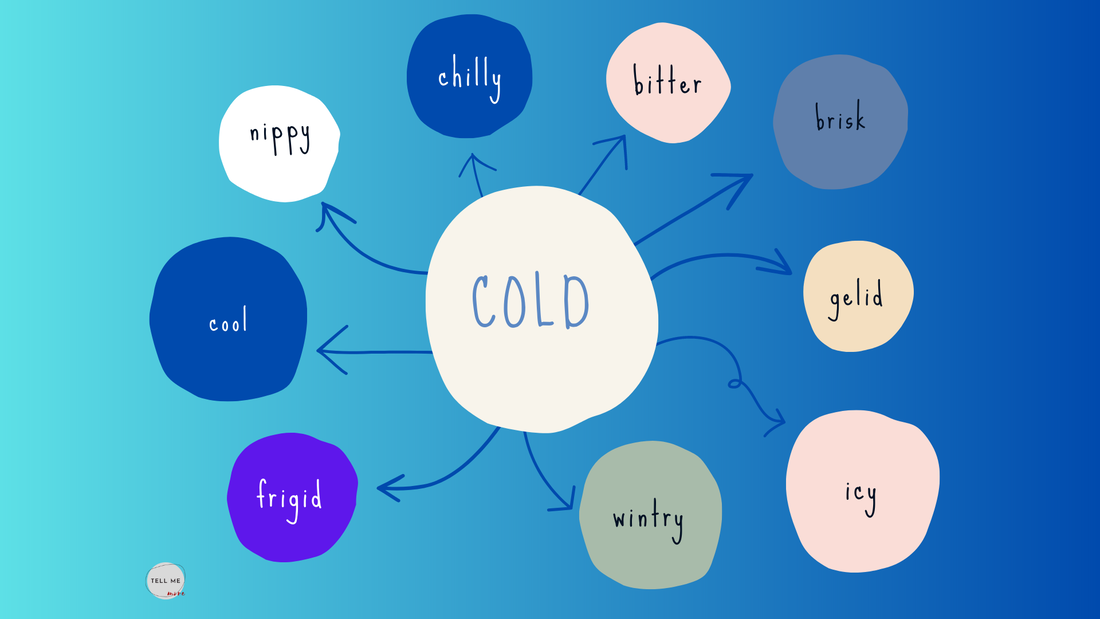|
The word "mere" has several uses and connotations in English, primarily functioning as an adjective. Let's explore its meaning, collocations, and examples in simple sentences to give you a comprehensive understanding. MEANING
COMMON COLLOCATIONS
EXAMPLES
The mere thought of spiders makes her shudder. His mere presence at the meeting made everyone feel at ease. She stumbled upon the job opportunity by mere chance. The project started with a mere idea scribbled on a napkin. She didn't concern herself with the mere details; she focused on the big picture. He completed the task in mere hours, surprising everyone with his efficiency. The concert tickets sold out in mere minutes after they went on sale. With mere seconds left on the clock, he made the winning shot. Adapt means to adjust or modify something to suit a new purpose or environment. It often involves changing behaviour, methods, or processes to fit new conditions or uses. Examples
Adopt means to take up or start using something new, such as an idea, method, or lifestyle. It can also mean to legally take another person's child into your family and raise them as your own. Examples
In the world of professional relationships, mastering the delicate balance between friendly small talk and serious business discussions is key to building meaningful connections. Small talk is the glue of our social interactions, helping us to break the ice and build relationships that are crucial both in and out of the workplace. However, there comes a pivotal moment when the casual chatter must give way to more substantive matters. Here are some handy phrases to smoothly make that transition: TIME PHRASES
LET'S PHRASES
SHALL PHRASES
Glossary:
nitty-gritty = the most important and basic details or facts of something talk shop = to discuss work or business matters, especially when you're not at work Towards the end of our classes, I often ask: "Do you have any questions?" If you say "NO," I usually suggest mixing it up a bit, maybe with something like "NOT REALLY" or another phrase. Some of you are really good with "not really," but there's a whole world of expressions out there! So, if you're feeling adventurous, here are some cool alternatives you can try out.
Remember: you can always extend the phrase if you want to be on a safe side. For example:
I think we've covered everything for now, but I'll let you know if anything pops up. I'm good to go, but I'll give you a shout if I need some help. When we talk to people, sometimes we need to ask extra questions to understand them better. Two common questions we might ask are "What do you mean?" and "How do you mean?". While they sound similar, they're used in different situations to get clarity.
"What do you mean?" is the question you ask when you're confused or didn't understand what someone said. It's like saying, "I didn't catch that, can you explain it again?" For example, if your friend says, "I think this is a bad idea," and you're not sure what part of the idea they're talking about, you'd ask, "What do you mean?" to get more details. "How do you mean?" is a bit more specific. Use it when you understand the words but not the deeper meaning or reason behind them. It's another way of asking, "Can you give me more details about how you're thinking about this?" So, if someone says, "That movie was interesting," and you want to know exactly what made it interesting to them, you'd ask, "How do you mean?". In short, use "What do you mean?" when you need someone to repeat or clarify something because you're lost. Use "How do you mean?" when you're curious about the specifics or want to dive deeper into someone's thoughts.
Examples & More Words
PS. There's an interesting read on cold showers on my personal blog. Read HERE.
The difference between "once you open the page" and "when you open the page" is in the meaning and usage of the two adverbs.
"Once you open the page" implies that the action of opening the page will happen only once and it suggests a specific moment in time. It indicates that something will happen after the page is opened, and this event will happen only once, such as "Once you open the page, you will see a pop-up message". "When you open the page" implies that the action of opening the page is hypothetical or conditional. It suggests a general or future time, and it indicates that something will happen at that time or under that condition. For example, "When you open the page, you can see the list of products available on the website". In summary, "once you open the page" suggests a specific moment in time, while "when you open the page" suggests a general or future time. The word "accordingly" is an adverb that means in a manner that is appropriate to the circumstances or in a way that follows from or is in agreement with what has just been said. This is what your dictionary will tell you. But let's try to tame this definition a bit by looking at different examples and the meaning in the sentences.
|
WORDS
All
Archives
March 2024
|
